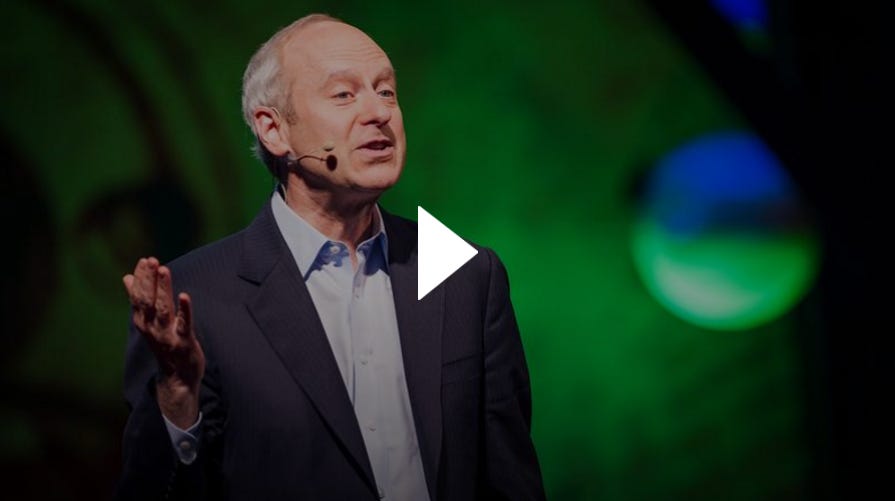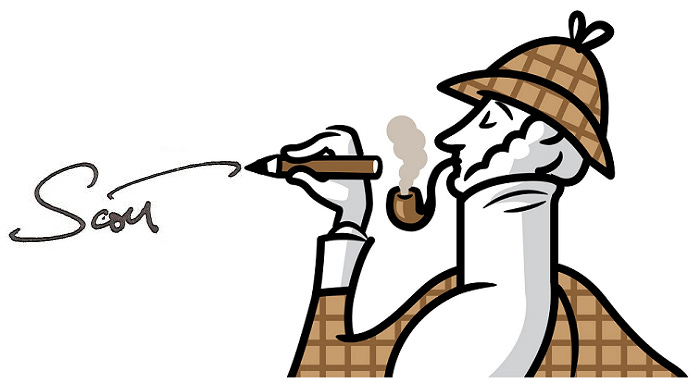Money, Happiness, and Worth
What do we value?

“Money is human happiness in the abstract.”
— Arthur Schopenhauer, 1851
Money is one of those topics that traditionally hasn’t been discussed in polite society.
People who don’t have enough of it may be embarrassed or anxious, and people who do have enough of it may not give it a second thought. But it’s on all of our minds.
Not necessarily in an obsessive way, but certainly in a practical way.
Money defines how we live: the circumstances, possessions, and even the people with which we surround ourselves.
Like it or not, it also determines how we’re judged. Our classist tendencies still tend to force rank strata of society based on wealth, or lack of it.
And, all too often, money is at the core of how we define our happiness. Too little, and we spend too much time worrying about the next paycheck or even the next meal. Too much, and like King Midas, we find ourselves becoming slaves to our wealth.
We’ve all heard the phrase “Money can’t buy happiness,” and to a large extent, it rings true (although I recall seeing a sandwich board outside of a shop, on which was written in chalk: “Money can’t buy happiness, but it can buy ice cream, which is pretty much the same thing.”).
The sentiment there should make us think: what do we place value on? What truly matters in our life?
“I am indeed rich, since my income is superior to my expense, and my expense is equal to my wishes.”
— Edward Gibbon, 1776
J. Pierpont Morgan was an extraordinarily wealthy man (although Carnegie and Rockefeller didn't consider him so). He owned yachts, belonged to dozens of clubs, and amassed an art and manuscript collection that was the basis of a museum. And yet, he carried on numerous affairs over the course of his married life and was bombastic and irascible to colleagues. Was he happy? One has to wonder.
The playwright Henrik Ibsen, a contemporary of Morgan’s, summed up the function and limitations of money perfectly:
“Money may be the husk of many things, but not the kernel. It brings you food, but not appetite; medicine, but not health; acquaintances but not friends; servants but not loyalty; days of joy, but not peace or happiness.”
Morgan certainly had a fortune. From a material perspective, his life was full. But as Ibsen indicated, there were other areas where his life was lacking.
And while we’re at it, let’s stop and consider that word for a moment: fortune. In this context, we understand it means a great deal of money. But for centuries, fortune has been equated with luck and fate. In Roman mythology, the goddess Fortuna was associated with destiny. When you’re fortunate, you’re lucky.
A fortune is minted because of the luck—favorable circumstances—that surrounds us. We’ll be talking more about luck and merit in a couple of weeks. Stay tuned for that.
Meanwhile, back to the monetary: let’s consider how we place value on things.
Cecil Graham: “What is a cynic?”
Lord Darlington: “A man who knows the price of everything, and the value of nothing.”
— Oscar Wilde, 1891
In some ways, value is subjective. It represents a level of priority or importance that we place on something. It could be an old tchotchke at a yard sale, a highly sought-after objet d’art, or a relationship.
Markets determine the common language of value, arriving at a generally agreed-to price for certain items. However, there is a limit. While a market economy is a tool, a market society is a place where almost everything is up for sale. And it erodes our civic life.
Felons have an option to purchase cushier prison amenities. Hunters can buy the services of poachers of rare animals. Companies can purchase carbon credits to “offset” their pollution.
In these instances, money—a market society—is creating shortcuts and opportunities for those who have the means.
I’ll let eminent Harvard philosopher Michael Sandel explore the role of money and markets in our societies in his thorough, thoughtful, and approachable way, via his TED talk:
There’s a great debate happening now (as there is every decade or so) about the federal minimum wage. A proposal to raise it to $15 an hour — by 2025 — is being contested.
Meanwhile, because of free market principles, we have no problem with plumbers charging $75 an hour for emergency calls, management consultants asking $500 an hour, or white shoe law firms charging $1,000 an hour.
What does that tell us about the worth that we place on essential workers at the retail stores and restaurants we frequent? It ties directly back to last Friday’s newsletter about The Dignity of Work.
The Dignity of Work
“No race can prosper till it learns that there is as much dignity in tilling a field as in writing a poem.” — Booker T. Washington, 1895 This is an example of premium content for our Ampersand Guild that was previously locked. It’s now available to the pu…
“An incorporeal concentration of humankind’s most basic desires, fears, and faiths, money surfaces briefly as a series of digits on a computer screen before evaporating again into the thin air that dreams are made of.” — Jack Weatherford, 2008
I.
David Parkman dumbs down the digital collectibles frenzy and why it’s taking off now. (Techcrunch)
II.
The creator economy, NFTs and the solo entrepreneur: “The Creator Economy and NFTs are massive human potential unlocks. Even if certain assets are in a short-term bubble, we are on an inexorable march towards individuals mattering more than institutions.” (Not Boring)
III.
Kings of Leon is the first band to release an album as an NFT. (Rolling Stone)
“Avarice has so seized upon mankind that their wealth seems rather to possess them than they to possess their wealth.” — Pliny the Younger, c. 110
I.
“In the American mythology of success, labor is the only path to prosperity. The affluent can cleanse their cash by claiming they worked hard for it; mastering fate and controlling outcomes bestow moral legitimacy on their earnings. Many moralists throughout American history have affirmed that merit matches reward and that people get what they deserve, in this world and the next.” Lewis Lapham, as always, with an all-encompassing essay on what money does to our thinking in Fortune’s Wheel. (Lapham’s Quarterly)
II.
An story of early stock speculation reveals a lot about leverage, the value of risk, and how money has just as much to do with human emotion and human storytelling as it does with addition, subtraction, and calculating odds. Meme stocks have been around since 600 BC. (Marker)
III.
A complete transcript of Charlie Munger’s classic speech from the 1990s, “The Psychology of Human Misjudgment,” considered the magnum opus on why we behave the way we do. (Farnam Street)
“A frivolous society can acquire dramatic significance only through what its frivolity destroys. Its tragic implications lie in its power of debasing people and ideals.” — Edith Wharton, 1905
🎧 It would have been easy to recommend shows like Planet Money or Freakonomics, but those are known by everyone and are directly tied to commerce. Instead, we're turning to an episode of the TED Radio Hour: “What We Value.” As the pandemic reveals the weaknesses of our economy, businesses and consumers are rethinking what they value. Corey Hajim shares ideas on shifting the role of business in society.
📚 The House of Morgan is the most ambitious history ever written about American finance. It is a rich, panoramic story of four generations of Morgans and the powerful, secretive firms they spawned, ones that would transform the modern financial world. Tracing the trajectory of J. P. Morgan’s empire from its obscure beginnings in Victorian London to the financial crisis of 1987, acclaimed author Ron Chernow paints a fascinating portrait of the family’s private saga and the rarefied world of the American and British elite in which they moved. A masterpiece of financial history, The House of Morgan is a compelling account of a remarkable institution and the men who ran it, and an essential book for understanding the money and power behind the major historical events of the last 150 years.
Disclosure: when you buy through our Amazon links, it supports the newsletter.
Maybe you’re in a generous mood. If you refer people to Timeless & Timely, you can earn a free membership:
There’s so much to learn,












